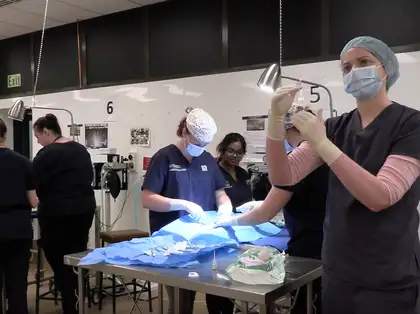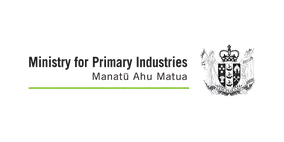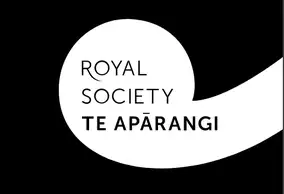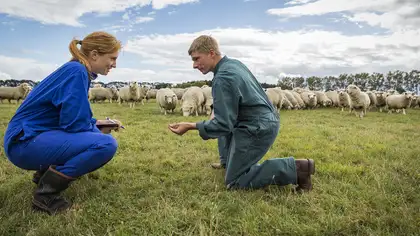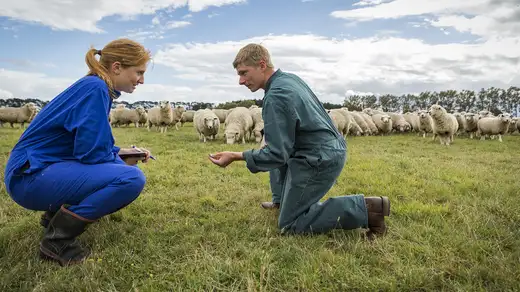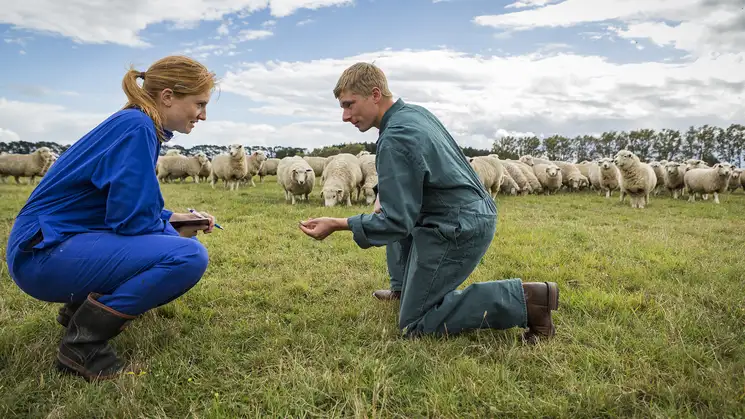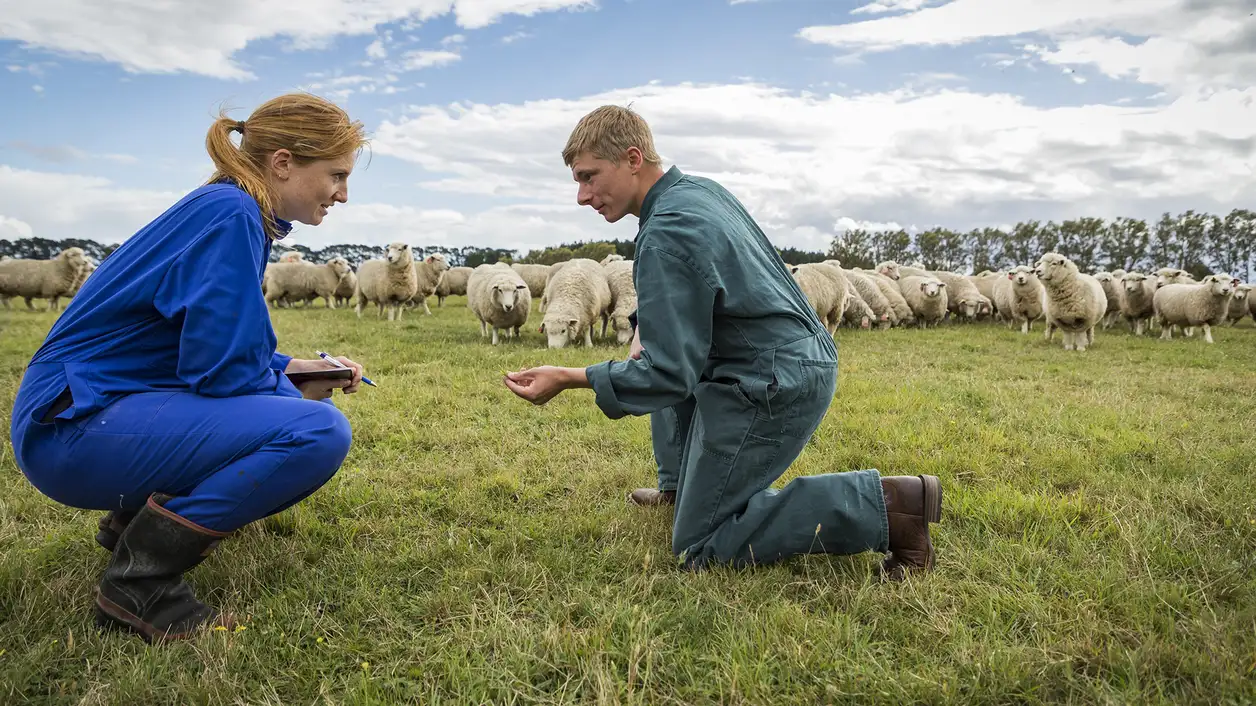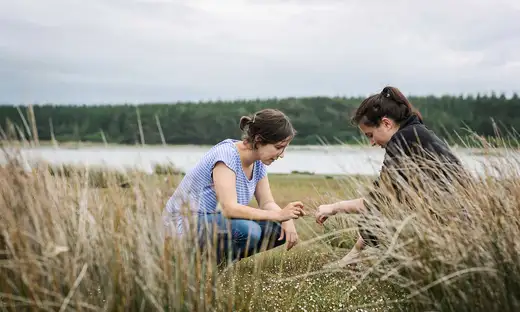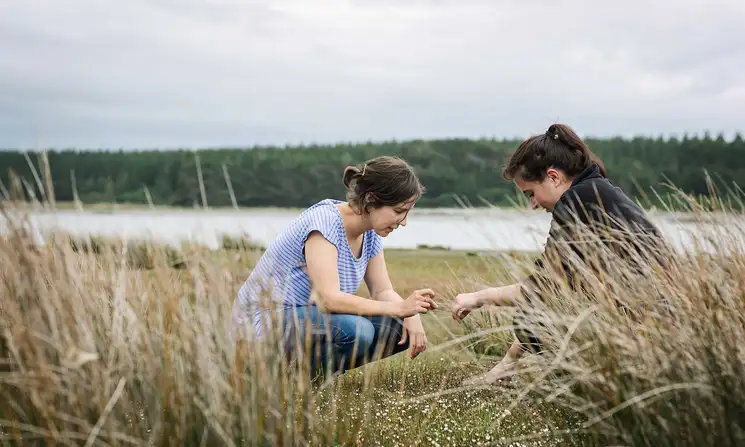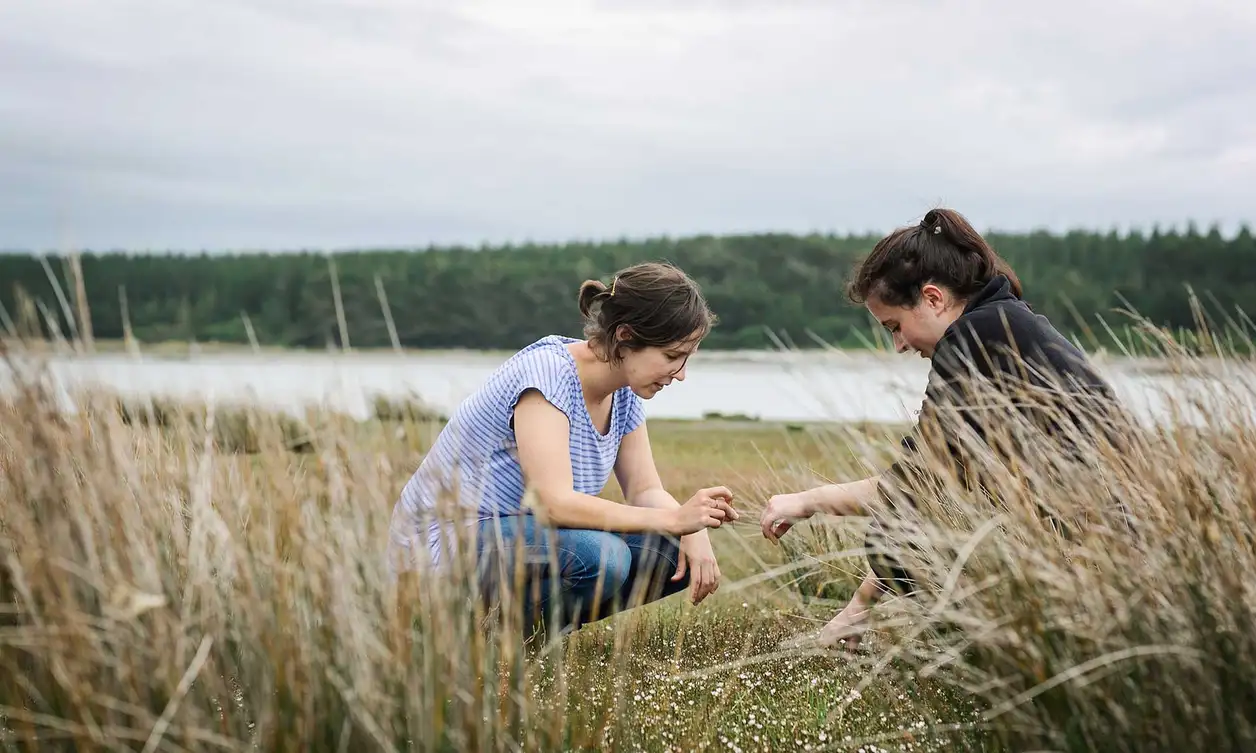Since joining Massey University in 2015, Professor Carolyn Gates has quickly made her mark in the animal health space with research and educational initiatives designed to increase the uptake of evidence-based recommendations in the real world.
BVD Free New Zealand – the beginning of a national disease control programme
Gates’ first major research project was a large-scale collaboration with veterinarians, farmers and industry stakeholders to build the business case for eradicating bovine viral diarrhoea (BVD) from New Zealand cattle populations.
She explains, “BVD has been around since at least the 1960s and continues to cost cattle farmers more than $150 million in direct production losses each year, as well as having other harmful effects on animal health.” Gates and her colleagues were familiar with the success many European countries had eradicating BVD, so they applied for a Sustainable Food and Fibres (SFF) funding grant in 2017 to explore the possibilities for New Zealand.
“The main idea behind the project,” Gates explains, “was to engage with farmers and veterinarians to figure out how different BVD control measures could be integrated into New Zealand’s pastoral farming system to cost-effectively eliminate the disease.” They first conducted several field studies to fill the remaining knowledge gaps around BVD in beef herds. They then used the results to build a series of computer simulation models. The models predicted good financial outcomes with different herd-level and national-level control programmes in place.
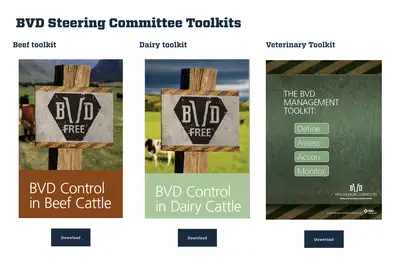
Toolkits publicly available on the BVD Free website for farmers and veterinarians to access.
The Ministry for Primary Industries (MPI) maintains a close connection with Gates’ mahi. MPI used the team’s business case to inform future infrastructure work plans to support more coordinated national BVD control. Ultimately, this research made real will support New Zealand in its goal to have economically and environmentally sustainable livestock production systems.
Enhancing disease surveillance with MPI
MPI’s Lynsey Earl has also worked closely with Gates on several other projects analysing veterinary and farmer contributions towards protecting New Zealand against emerging disease threats. Earl explains that Gates’ interest in human behaviour has helped tremendously with insights into New Zealand disease surveillance.
In designing survey questions and interview frameworks for the projects, Gates’ focus on veterinarian-farmer relationships is allowing the collection of important data around “understanding normal clinical behaviour, what animals they see, their diagnostic methods, and preferences for participating in response programmes.” Earl says the combination of Gates’ epidemiological skills, industry knowledge, and “enthusiasm and passion for the work developed quite good connections in the industry that helps achieve project objectives.”
Earl believes the project will have a huge impact on vets’ contribution to surveillance and biosecurity response programmes: “Vets feel like they’ve been listened to and heard. It is completing the full circle where people feel like they are making a genuine contribution to policy.” The current project will inform policy “in a very genuine way” to support national biosecurity.
Exploring motivational interviewing with vets and farmers for sheep flock treatment
Following a similar research theme, Gates successfully obtained a Royal Society Catalyst Leaders Grant in 2018 in collaboration with Clare Phythian, a registered sheep health and welfare specialist based in Norway. The grant supported research to understand how changing the way veterinarians communicate with farmers can influence sheep flock antimicrobial usage. Although the project experienced significant set-backs due to COVID-19 restrictions, Gates is still keen to explore the use of motivational interviewing in veterinary clinical practice: “Motivational interviewing originally emerged from the field of addiction counselling as a style of engaging with people to help them develop their own solutions to problems. We have growing evidence that it can make a big difference to veterinary outcomes as well.”
‘The Rules’ for veterinary practice – good professional development
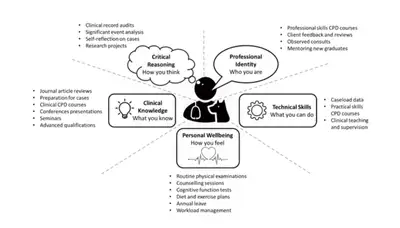
The five CPD criteria as presented in the VCNZ "CPD Information for veterinarians" framework
Iain McLachlan and Seton Butler from the Veterinary Council of New Zealand (VCNZ) speak to Gates’ significant contribution to the New Zealand veterinary profession, specifically for the continuing professional development (CPD) of new graduates and experienced veterinarians. Gates first conducted an extensive literature review of different CPD frameworks across the health professions. She then surveyed the New Zealand veterinary profession to understand their current engagement with CPD. The findings were used to develop a more outcomes-focused and less bureaucratic CPD system, which has been in place for two years. Butler describes the effort as “a massive piece of work,” and Gates’ “passion was evident when she came up with messages around the five CPD criteria,” which were “thoughtful and useful.”
In addition to the expected clinical knowledge and technical skills, Gates highlighted three other significant components – critical reasoning, professional identity and personal wellbeing – essential for competent and compassionate clinical practice.
Her analysis helped illustrate “what good professional development looks like over a career,” McLachlan says. The VCNZ incorporated her insights into the CPD criteria, which are effectively ‘the rules’ for veterinary practice. Butler explains that the new criteria “give licence to vets to expand their CPD to recognise it is important to be a well-rounded, resilient vet.”
McLachlan has presented VCNZ’s CPD work to overseas veterinary bodies, including the Australian veterinary regulators. There is interest around Australia in learning from the New Zealand system and therefore, “her work will begin to have an international impact and put us on the global stage.”
Butler summarises Gates’ impact well by explaining that her great statistical mind combined with her background as a clinical veterinarian applies pragmatism and practicality to the profession unique at this moment.
Gates explains, “a lot of my job is numbers and equations, but,” she continues, “it’s worth the pain to be able to do something that will improve the lives of animals and the people involved in caring for them.” Her driving force is “how to get the information in front of people and in such a format that they can actually do something with it.”
Keeping backyard poultry happy and healthy
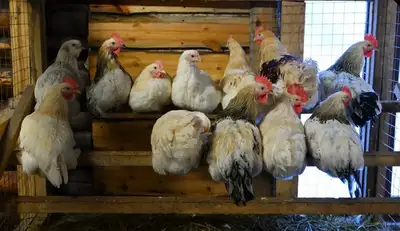
Hens sitting in a backyard coop. Visitors to the Poultry Intel website can share their questions and preventative care practices.
Gates is currently leading a Sustainable Food and Fibres Futures (SFFF) grant. This project originally aimed at collecting better information about the demographics and health status of New Zealand’s commercial poultry populations to protect against diseases like campylobacter and avian influenza that impact both the human and animal population.
However, Gates says, “talking with poultry farmers highlighted that our big knowledge gap was actually around backyard poultry. A lot of people own backyard birds but don’t always have a good understanding of what it takes to keep them happy and healthy.”
This insight prompted her to launch the Poultry Intel campaign, which surveys visitors for their needed level of support. A national extension website will provide poultry owners with valuable resources while capturing anonymised information for research into poultry health. More than 750 people registered their support. Work is underway to rebuild the website architecture.
The Poultry Intel website (www.poultryintel.org.nz) is currently unavailable.
Massey-SPCA Desexing Clinic – a student-run clinic
Females spayed
1,702
Males neutered
1,572
Total cats
3,274
Total clinic days
238
Gates extends her passion for projects that support the community into her teaching. Shortly after arriving at Massey, Gates partnered with SPCA Palmerston North to launch the Massey-SPCA Desexing Clinic in July 2017. The volunteer-run clinic provides low-cost cat desexing surgeries and microchipping to local animal rescues and community service card holders.
Annie, of Manawatū Alley Cat Trust, explains since July 2021, they “have had 70 [cats] desexed and have already pre-booked many in for the upcoming season.” The desexing clinic helps lower the Trust’s costs significantly, which in turn allows “donations to go further.” Annie explains, “this service…will also help reduce the stray cat population by helping people who cannot afford [or] are uneducated about the importance of desexing – especially for male cats.”
The obvious and immediate impact of the clinic is the curbing of unwanted breeding. The less public-facing impact is its provision of real-world skills development for Massey veterinary students.
Gates scaffolded the clinic organisation so that student volunteers are assigned distinct roles according to their stage in the degree. They can engage in teaching their peers as they progress through the roles.
Gates praises her team of about 20 student leaders. “They run almost everything now, including scheduling appointments, setting up the surgical suite and supervising the other student volunteers. When I arrive in the morning, everything is ready to start anaesthetising our first patient. As soon as the last patient is awake and stable from surgery, I can leave the patient discharge and clean-up entirely in their capable hands.”
The impact of this clinic is evident in its success. “It started out with just me, a few students and a handful of cats every few weekends. This year we're on track to run more than 65 clinic days providing surgeries for over 1,000 cats,” Gates says.
Professor Carolyn Gates
Recipient of the Prime Minister's Educator of the Year Award 2022 and winner of 2022 Te Whatu Kairangi
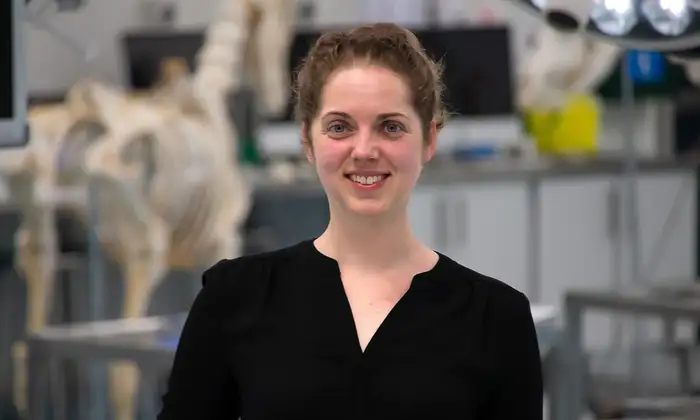
Professor Carolyn Gates
Carolyn’s work with her veterinary students is innovative – utilising novel techniques to enhance their learning by designing inexpensive simulation models for teaching, blended approaches to learning and developing new clinical reasoning algorithms.
Her research work with veterinarians and farmers is helping Aotearoa be a more economically and environmentally viable place for animal agriculture.
